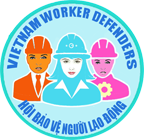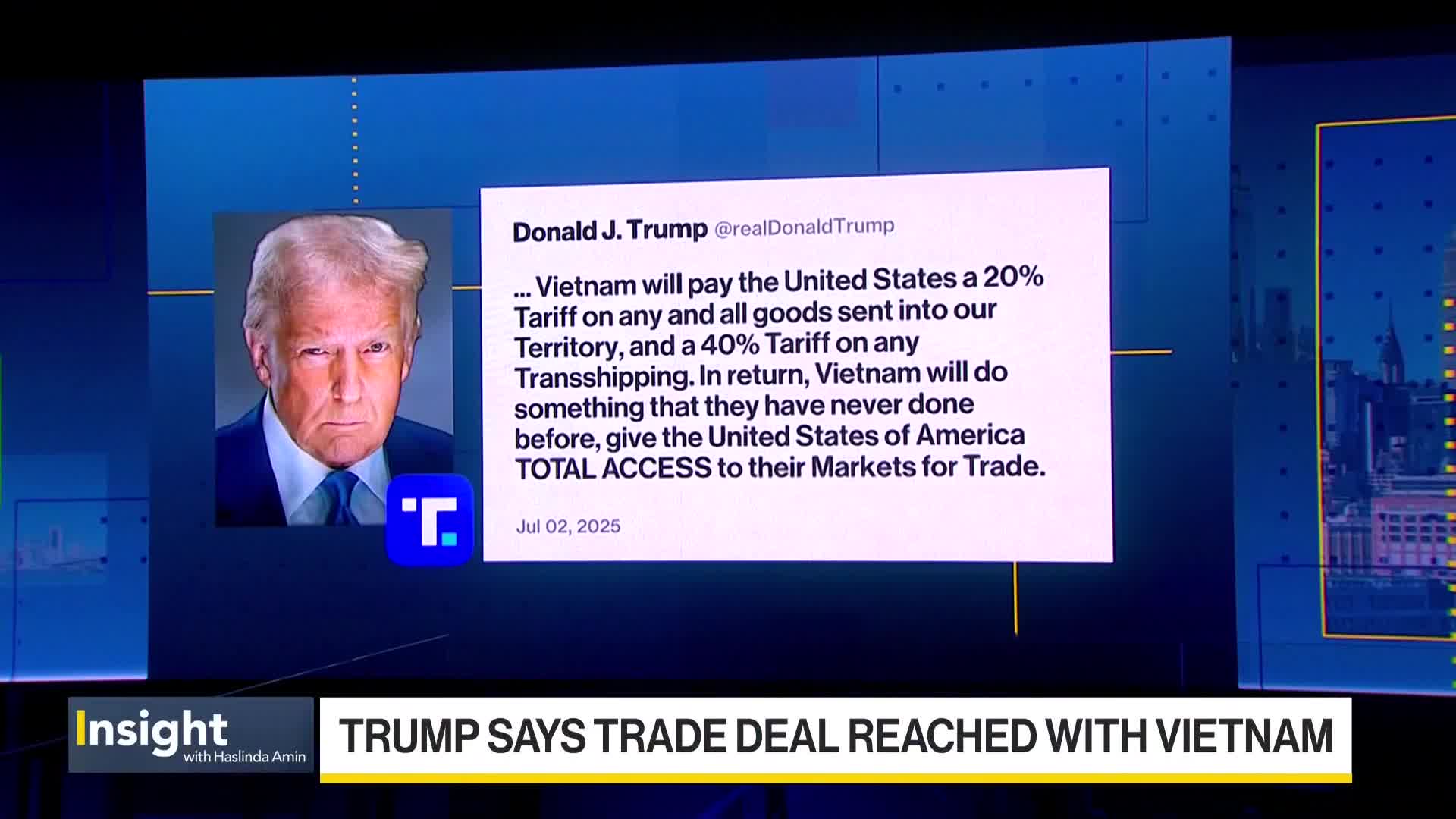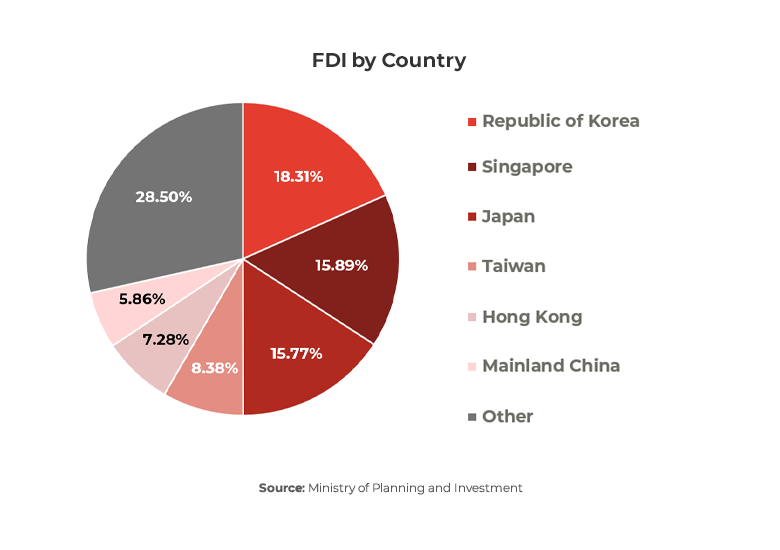U.S. pushes Vietnam on union rights, Xinjiang forced labor
LIEN HOANG, Nikkei staff writer January 30, 2023 14:52 JST
HO CHI MINH CITY — The U.S. is urging Vietnam to strengthen workers’ rights by following through on a landmark law permitting trade unions outside the control of the Communist Party.
Hanoi agreed to give up its monopoly on labor unions to join what was then the Trans-Pacific Partnership trade deal. The U.S. secured this pledge from Vietnam, but pulled out of the deal itself before it took effect.
The U.S. also is stepping up warnings over the use of forced labor, especially for garment and solar panel manufacturing, in Xinjiang, China, a country that provides key materials for much of Vietnam’s supply chain.
“We come at these issues not from a place of superiority, but we’re coming as friends, coming as partners,” Chad Salitan, the U.S. labor attache in Hanoi, told Nikkei Asia. “All of us are trying to just get better and better at adhering to international labor standards.”
U.S. officials are giving Vietnamese policymakers input on union regulations to ensure that they are not just “a piece of paper” and that workers genuinely can organize, he said.
In 2022, Salitan became the first-ever Labor Department official dispatched to a Vietnam post, marking a new phase in bilateral labor talks as the Biden administration touts a “worker-centered” trade policy.
Vietnam has a single national labor union run by the ruling party. New workers’ organizations would offer alternatives to that union, loosening the grip of a state that otherwise maintains tight controls, from arresting critics to blacklisting anti-government sites.
The communist country is supposed to legalize these organizations as a member of the Comprehensive and Progressive Agreement for Trans-Pacific Partnership, the successor to the TPP that emerged after America’s withdrawal, and of the European Union-Vietnam Free Trade Agreement.
“[The U.S. is] very pleased with how forthcoming the Vietnamese government has been,” Salitan said, expressing confidence it will “actually see in practice workers develop these representative organizations.”
But authorities are still drafting a long-delayed legal decree, expected in 2023, that will delineate the organizations’ powers, such as the right to collect dues from members. Salitan’s team and its Vietnamese counterparts preparing the decree are discussing collective bargaining and freedom of association to “allow workers to have this voice in the workplace,” he said.
“Worker representative organizations will allow workers to have a voice in their workplace independent of the Vietnam General Confederation of Labor”
U.S. labor attache in Hanoi Chad Salitan
Joe Buckley, author of the book “Vietnamese Labor Militancy,” warns the organizations will not be actual unions, however, saying the law will still limit their ability to expand beyond their companies or to engage in policy discussions.
The U.S., moreover, does not have an official mechanism by which to hold Hanoi to its pledge. The CPTPP and EVFTA, though, allow members to raise complaints for enforcement. When asked if the U.S. is working with members of those blocs, Salitan said that in general the country “collaborates with our likeminded allies.”
U.S. officials are also holding consultations for factories in Vietnam to ensure their supply chains comply with the Uyghur Forced Labor Prevention Act, which took effect in June. The act is aimed at stopping the import to the U.S. of goods made using forced labor in China, particularly in the Uyghur-majority region of Xinjiang.
In August, U.S. customs officers warned garment and textile businesses in Vietnam to trace their inputs from “clean sources,” otherwise their products may be confiscated upon hitting U.S. shores. Vietnam is the No. 2 garment exporter to the U.S. and buys more than half its materials from China, the No. 1 exporter to the U.S.
The U.S. began blocking imports from Xinjiang before the forced labor law took effect, such as shipments of shirts from fast fashion retailer Uniqlo, which denies forced labor is used in its supply chain. The U.S. said it will seize suspect goods, even if routed through a third country. It is focusing on textiles, apparel, tomatoes, and silica, which is used in solar cells.
Overall, Vietnam is the fourth-largest customer for China’s exports, much of which are inputs used in manufacturing. In December, the U.S. said Chinese solar panels, for example, were exported via Vietnam, Thailand and Cambodia to evade sanctions in the U.S.-China tariff war. Beijing denies all abuse claims.
“Our companies that are here, they want to ensure that they are staying in compliance with U.S. law,” Lynne Gadkowski, economic counselor at the U.S. Embassy in Hanoi, said in a joint interview with Salitan. “That’s something we heard on repeat.”
The U.S. resumed its annual labor dialogues with Hanoi last year after a hiatus under the Trump administration. Salitan acknowledged the U.S. also has work to do on its own labor record. Unions there have seen a surge popularity in recent years, though membership has fallen since the 1950s, because of employer opposition, weak enforcement of labor laws, and right-to-work rules, the White House said.
Share this article
Follow us
13 Comments



acheter kamagra en ligne sans ordonnance
kamagra paiement en ligne à la livraison
buy enclomiphene uk in store
buy cheap enclomiphene generic does it works
get androxal generic online cheapest
buying androxal generic online uk
cheapest buy flexeril cyclobenzaprine american pharmacy
cheapest buy flexeril cyclobenzaprine generic brand
prices for dutasteride at walmart
discount dutasteride generic a canada
buy cheap gabapentin france where to buy
buying gabapentin uk online pharmacy
cheapest buy fildena buy singapore
cheap fildena canada low cost
how to order itraconazole canada generic
itraconazole saturday delivery cod
staxyn for sale australia
cheap staxyn generic equivalent
get avodart uk buy over counter
purchase avodart purchase online from india
where to buy xifaxan singapore
100 mg xifaxan
cheapest buy rifaximin lowest price viagra
cheapest rifaximin prices
generické kanadské lékárny kamagra
kamagra bez lékařského předpisu